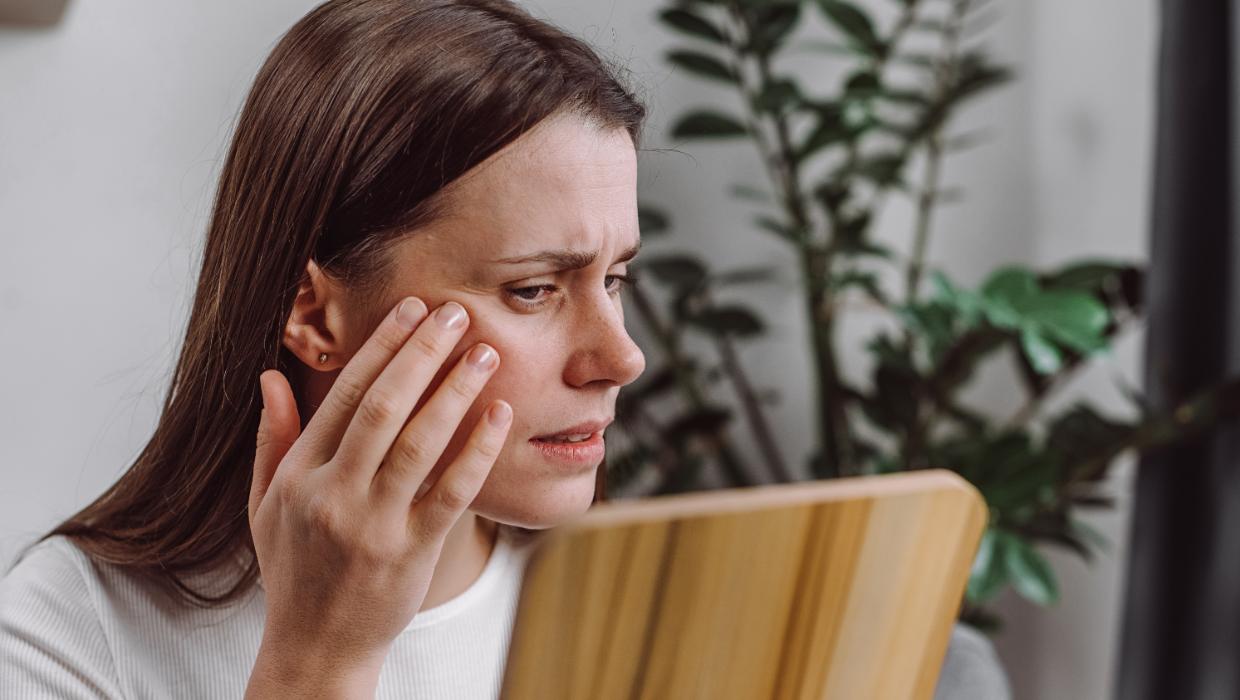Health
Seven Mental Habits That Can Make You Feel Older

Mental health plays a crucial role in how we age, influencing not just the length of life but also the enjoyment of it. Karen Nimmo, a clinical psychologist, highlights several mental habits that can contribute to feeling older than one actually is. Despite efforts to maintain a healthy lifestyle through physical means—like eating well, exercising, and avoiding harmful substances—certain mental patterns can undermine these efforts.
Understanding the Impact of Mental Habits
Many individuals invest significant time and money in physical wellness, with the global wellness industry valued at approximately $6.2 trillion. Yet, mental fitness often receives less attention. By examining and addressing detrimental mental habits, individuals can potentially enhance both their well-being and their perception of age.
The first habit to reconsider is habitual complaining. Constant negativity about various aspects of life, including politics and personal relationships, can lead to stress and dissatisfaction. This behavior not only affects emotional states but can also manifest physically, contributing to premature aging through expressions like frowning.
Another significant factor is the tendency to hold grudges. Even when justified, clinging to past grievances can prevent individuals from fully engaging with the present. This fixation can create a cycle of negativity, making it harder to enjoy life and move forward.
Evaluating Personal Circumstances
Staying in unsatisfactory jobs or relationships is another common pitfall. Many people feel trapped due to financial obligations or fear of change. Yet, remaining in a toxic environment can take a toll on one’s mental health, leading to feelings of resentment and anxiety. Taking the time to analyze these situations and make plans for change can foster a sense of empowerment and lightness.
Interestingly, while avoiding stress altogether can seem appealing, a small amount of manageable stress can be beneficial. Engaging in new or challenging activities can provide a sense of accomplishment and excitement. It is essential to embrace opportunities that push personal boundaries rather than retreating into comfort zones.
Similarly, surrounding oneself with like-minded individuals can lead to stagnation. While comfort is found in familiarity, engaging with people from diverse backgrounds and experiences can enhance personal growth. This variety fosters tolerance and broadens perspectives, reinforcing the idea that diversity enriches life.
Lastly, over-investing in the opinions and lives of others can detract from one’s own experience. As children grow, they require less attention, and it is important to allow friends and neighbors to navigate their own lives. Embracing the principle of “live and let live” can free individuals from the burden of excessive concern for others.
Living small is often a result of anxiety and worry, which can lead to a constricted lifestyle. This tendency to control every aspect of life can prevent individuals from taking necessary risks and enjoying new experiences. It is advisable to embrace life fully, reserving the instinct to restrict oneself for when age truly limits opportunities.
In conclusion, being aware of these mental habits can empower individuals to cultivate a more fulfilling and youthful perspective on life. By taking steps to address these patterns, one can potentially enhance both mental health and overall well-being, leading to a richer, more engaged life at any age.
-

 Sports2 months ago
Sports2 months agoNetball New Zealand Stands Down Dame Noeline Taurua for Series
-

 Entertainment2 months ago
Entertainment2 months agoTributes Pour In for Lachlan Rofe, Reality Star, Dead at 47
-

 Entertainment4 weeks ago
Entertainment4 weeks agoNew ‘Maverick’ Chaser Joins Beat the Chasers Season Finale
-

 Sports1 week ago
Sports1 week agoEli Katoa Rushed to Hospital After Sideline Incident During Match
-

 Sports2 months ago
Sports2 months agoSilver Ferns Legend Laura Langman Criticizes Team’s Attitude
-

 Politics1 month ago
Politics1 month agoNetball NZ Calls for Respect Amid Dame Taurua’s Standoff
-

 Entertainment2 months ago
Entertainment2 months agoKhloe Kardashian Embraces Innovative Stem Cell Therapy in Mexico
-

 Sports5 days ago
Sports5 days agoJamie Melham Triumphs Over Husband Ben in Melbourne Cup Victory
-

 World3 months ago
World3 months agoPolice Arrest Multiple Individuals During Funeral for Zain Taikato-Fox
-

 Sports3 months ago
Sports3 months agoGaël Monfils Set to Defend ASB Classic Title in January 2026
-

 Entertainment1 month ago
Entertainment1 month agoTyson Fury’s Daughter Venezuela Gets Engaged at Birthday Bash
-

 Sports1 month ago
Sports1 month agoHeather McMahan Steps Down as Ryder Cup Host After Controversy













